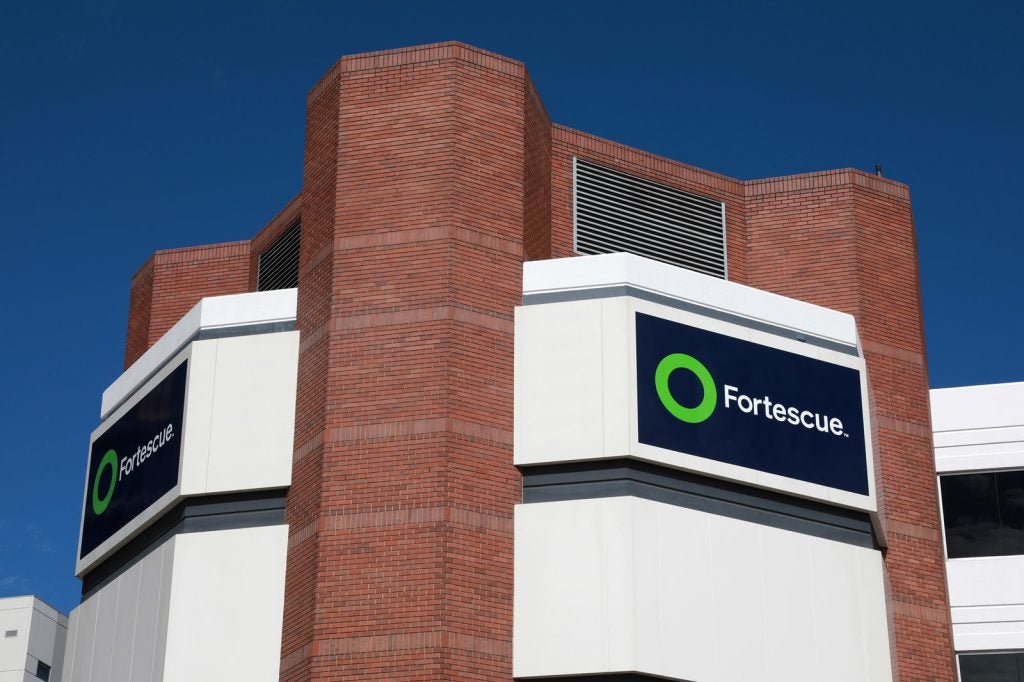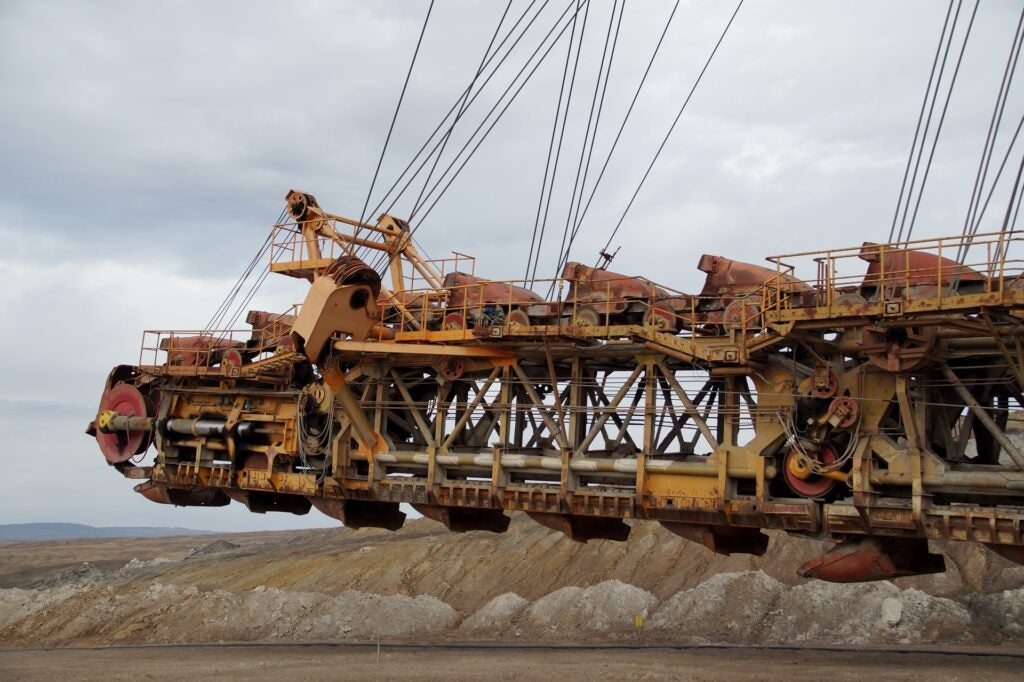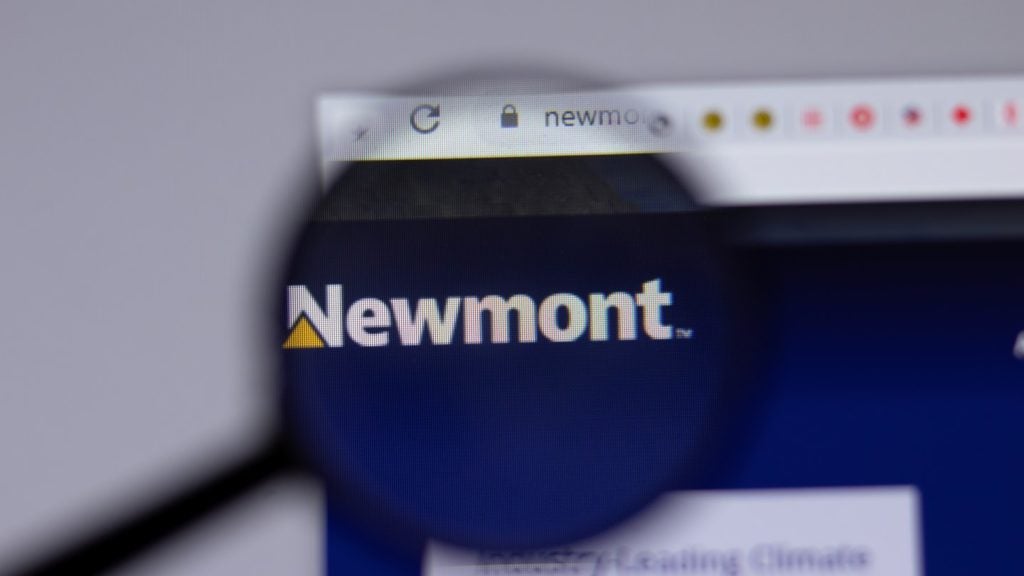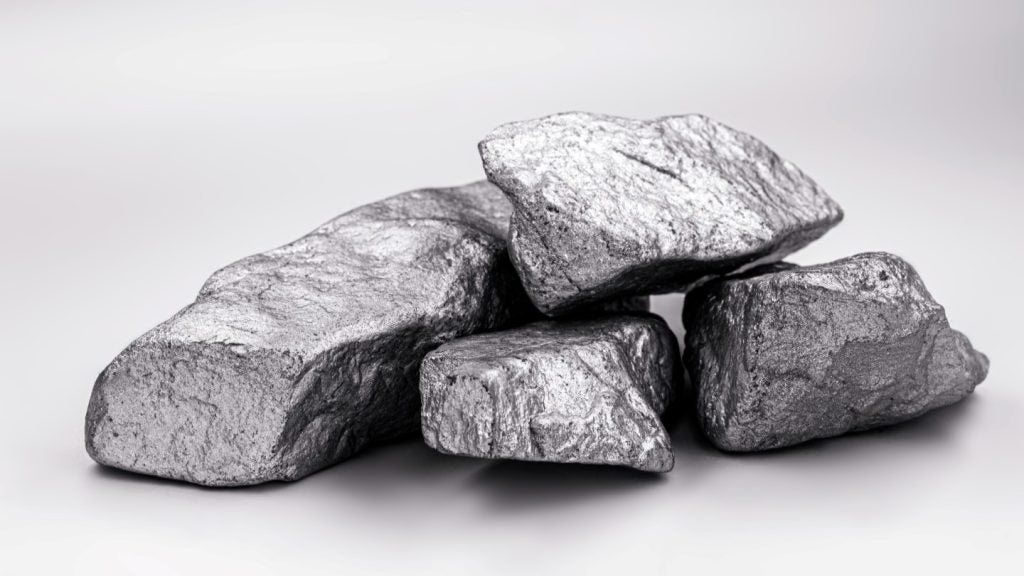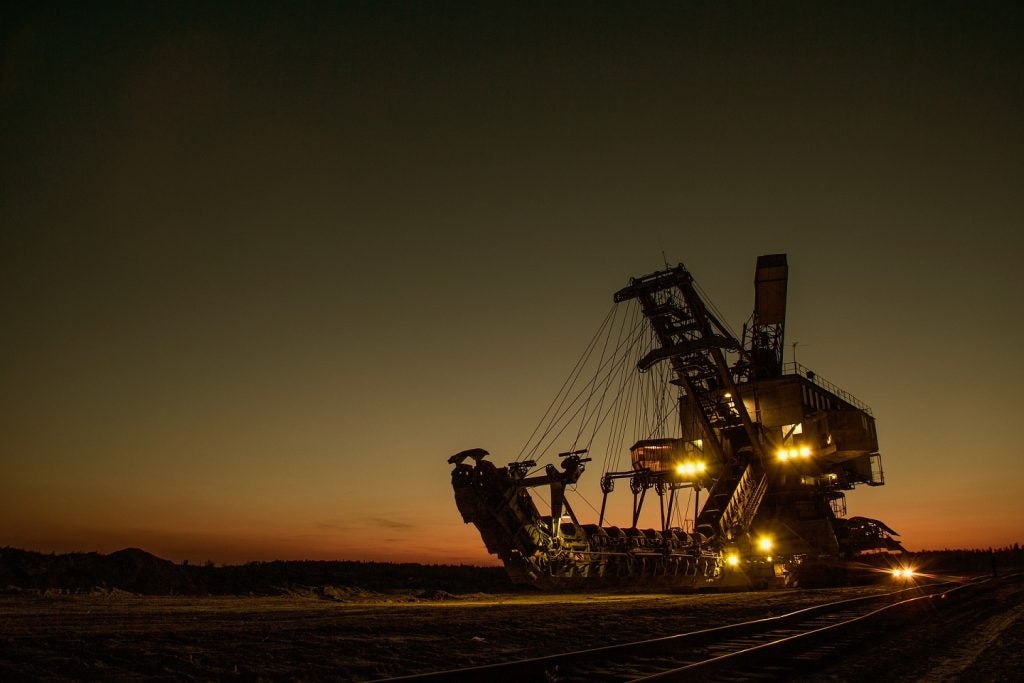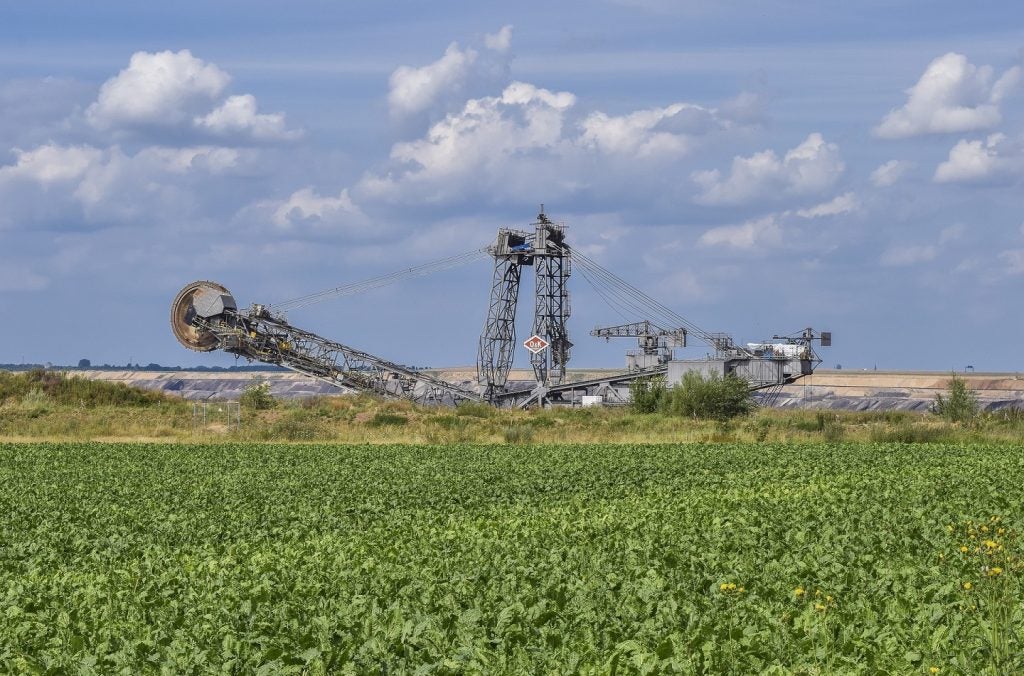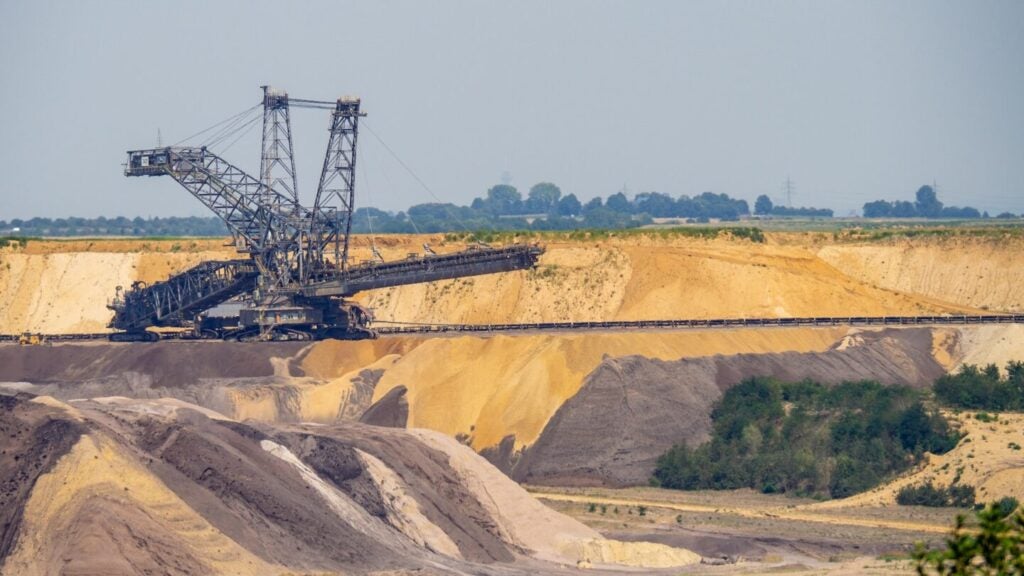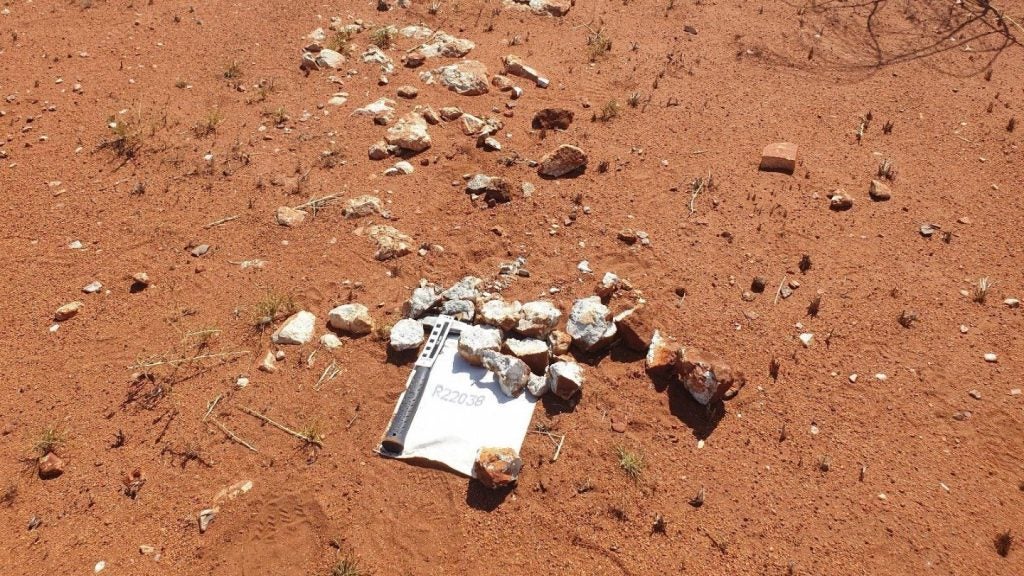Fortescue, one of the largest Australian iron ore miners, has found itself in a tough spot over the last few months. Numerous developments in the company took place very rapidly and abruptly over the past few months. Like a domino effect, one downfall followed another for the Group, making a stream of negative headlines.
But it all started in February, when Fortescue Metals Group (FMG) was charged with failing to supply work safety authorities with documents relating to 34 cases of sexual harassment on company sites. The documents related to cases at three mining operations – Christmas Creek, Solomon and Cloudbreak – in time for a court deadline for a related case.
After that an FMG whistleblower wrote an anonymous tipoff letter, accusing Fortescue Future Industries’ (FFI) chief executive and founder, Andrew Forrest, of inappropriate behaviour in the workplace. An investigation reviewed his conduct, but in mid-July, the review cleared him of any wrongdoing.
A few months following this chaos Felicity Gooding quit as the chief financial officer (CFO) of FFI’s clean energy division. The resignation came in July, as the company made a final investment decision (FID) on a range of green hydrogen projects.
“It was an extremely difficult decision to leave a business that I firmly believe is on track to become a global green energy powerhouse. I am looking forward to seeing FFI thrive while pursuing other opportunities in the clean energy transition,” Gooding said.
Amid a high profile exit of Gooding, Forrest separated from his wife Nicola Forrest. As the June 2023 quarterly production report was due, they had to reassure the investors that the separation would not impact the company's operations, as the couple owns more than 36% of the stock collectively. It was also indicated that neither Felicity Gooding or Nicola Forrest was involved in an individual investigation of alleged sexual harassment cases.
Financial results and delays in production
On 30 June, Fortescue announced its results for the financial year 2022-2023, with an underlying net profit after tax of $5.5bn. While substantial, this marked a 23% fall from last year’s financial results. The results showed a net cash flow of $7.4bn from operating activities and a free cash flow of $4.3bn.
“Fortescue recently celebrated several milestones, including the first magnetite concentrate production from Iron Bridge. Iron Bridge is a large and complex project, and its successful construction is a true demonstration of our values.”
“Fortescue’s entry into the high-grade iron ore market segment enables us to provide our customers with an enhanced product offering,” Fiona Hick, chief executive officer (CEO) of Fortescue Metals, said in the report.
This was followed by reported delays at the Iron Bridge project, a magnetite mine in Western Australia, after the site shipped a record high of 192 million tonnes of iron ore out of Pilbara in the 12 months leading up to the end of June. The firm had set a goal to hit a fifth consecutive record for iron ore exports in the current fiscal year.
However, Hick disclosed more hold-ups in the 22 million tonne per year Iron Bridge project's production, stating that Fortescue does not expect it to reach its maximum capacity until the middle of 2025.
The Iron Bridge project started production of high-grade magnetite concentrate during the quarter, and was loaded for shipment on 24 July.
In its June production report, the company said that iron ore shipments of 48.9 million tonnes (mt) in the fourth quarter of the financial year 2023 contributed to record shipments of 192 mt in FY23.
The report also celebrated the 20th anniversary of the company, and announced Fortescue Metals and FFI would move to one brand, “Fortescue”, “to represent being a unified global green metals and energy company”.
Yet another one leaves Fortescue…
Even though the company said the departures were by mutual agreement, the resignations became headline news. On 28 August, CEO of Fortescue Metals Fiona Hick quit the company after less than six months on the job. A joint statement by Hick and the company described the departure as “both friendly and mutual”.
The board of Fortescue expedited the appointment of Dino Otranto as CEO of Fortescue Metals. Furthermore, the company announced Dr Larry Marshall as a non-executive director of Fortescue to “guide the company’s overall technology pathway, particularly in energy, metals, investments and strategy”.
On 31 August, Fortescue Group’s other top executive, CFO of Fortescue Metals, Christine Morris, quit the company just after 90 days in the role. Interestingly, it was just three days after Hick resigned.
Earlier this year, Morris replaced Ian Wells as CFO, who resigned in January 2023 after taking the role in 2018. A company statement named Apple Paget, group manager of finance and tax, as the acting CFO for Fortescue Metals.
On 1 September, Guy Debelle, director of Fortescue’s clean energy division and the Reserve Bank of Australia’s former deputy governor, resigned. Fortescue’s shares fell more than 4% early on the same day, as a possible result of recent abrupt changes in the company.
Why did executives leave Fortescue?
After Hick resigned from her position, Forrest hinted that the top executives had left due to disagreement in the company’s green transition. In an interview in Nairobi in the first week of September, Forrest said everyone in the company needed to move in the same direction when it comes to becoming green.
“What we have now is a galloping herd of people who want to see this company go green. So, if you want to step outside that, you’re given a choice. You’re not fired, there’s no disagreement, you’re just given choice: step back in, or you call it,” Forrest said, according to the local newspaper The Australian.
“All I’m saying is that Fiona was given the choice, and she made her own decision. We’re not going to let a single person’s disagreement with the direction of this company affect it,” he added.
Amid all the voluntary departures, FMG sacked almost 60 employees on the grounds of bullying, sexual harassment and other workplace misconduct in the last financial year. The company revealed 160 potential code breaches in the 2023 financial year, and 16 employees were fired in 2021-22 from 21 substantial breaches.
The company has not identified which sacked staff relate to which incidents. Newspaper The West Australian reported an increase in consistent complaints, disclosing data from other major miners and firms.
A change too soon?
While the green talk may seem to be making good public relations out of bad ones, the company has seen several green deals in recent weeks. On 21 September, Fortescue declared they were “breaking up with fossil fuels” to make changes to curb climate change rapidly.
On 3 October, the company announced itself as the lead investor in US electrolyser start-up Electric Hydrogen’s $380m Series C funding round. This move into green energy echoed a memorandum of understanding with China Baowu Steel Group signed on 14 June. The two companies to work together on reducing emissions from iron and steel making at one of the company’s sites, alongside renewable energy research.
Within a few days of the electrolyser announcement, Fortescue announced the opening of a $23m innovation centre in the UK. The facility will exclusively produce batteries for the first generation of a motorsport series, Extreme H, beginning in February 2025.
In the face of rapid changes in the energy sector, only executive action can step up to effect change. Amid resignations, accusations and possible scandal, Forrest has aimed to highlight this fact.
“Have you ever seen a massive company in transition before, deep transition? Well, I haven’t either, but it’s my responsibility to make one,” Forrest said. Only time will tell if Fortescue is being ambitious or consuming itself.


